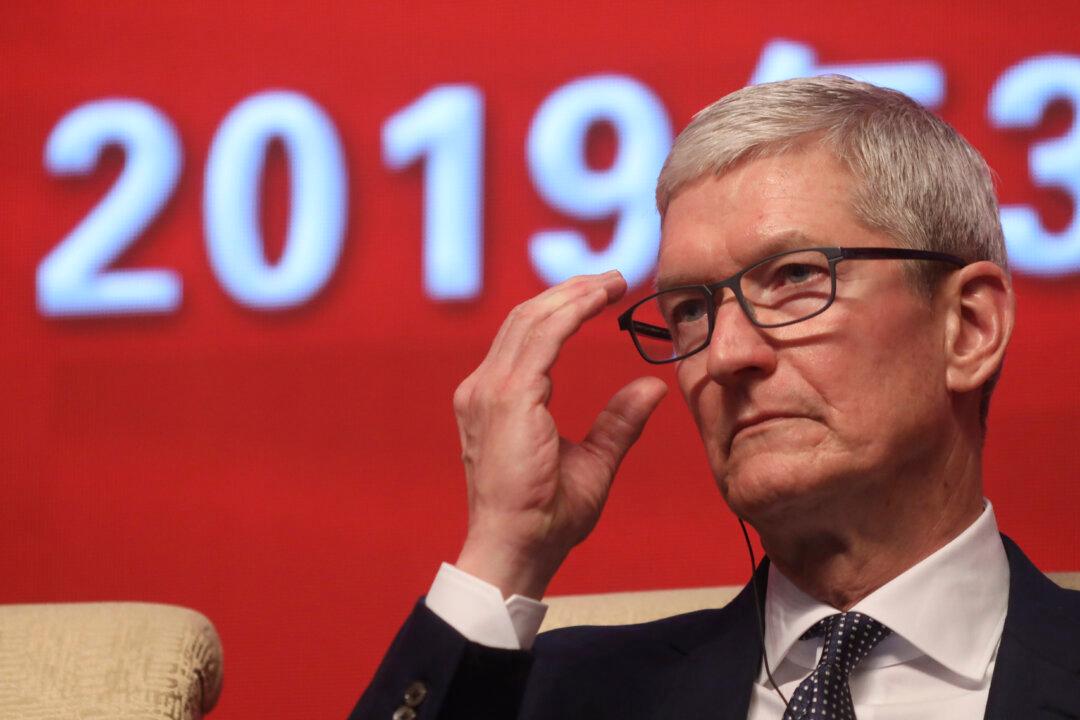On June 5, The Department of Justice (DOJ) in Hong Kong applied for an injunction prohibiting the dissemination of a pro-democratic song, “Glory to Hong Kong.” On June 12, the court requested clarification on the identity of the defendants and adjourned the hearing until July 21. However, before the court issues the order, Apple’s streaming platforms, iTunes and Apple Music, have already taken down multiple versions of the song.
After the DOJ filed the court injunction on June 5, “Glory to Hong Kong” occupied eight spots on the iTunes’ popular music chart two days later, and by the early hours of June 8, different versions of the song had swept the entire iTunes’ top ten charts.




